Uk Legal CBD 101: A Complete Guide For Beginners
Is Cannabis For Sale Legal in Your State?
Whether or not cannabis for sale is legal in your state will depend on your individual circumstances. Find out whether cannabis is legal in New Jersey, Vermont, and Illinois. Each state has different laws and regulations regarding marijuana consumption and sale. This information will allow you to make an informed decision about whether you want to purchase a medical marijuana product or a recreational product.
Illinois legality of cannabis sale
There are a few factors that influence the legality of marijuana sale in Illinois. First, Cannabis Online cannabis must be sold to someone who is aged 21 or over. Second, Illinois marijuana laws will require you to pay a sales tax for cannabis edibles, flowers, and concentrates. This tax will be 7% of the retail price for cannabis. In addition to state tax local municipalities can also impose additional sales taxes. Also, Illinois marijuana laws will also require that you visit an authorized dispensary.
Although many states have banned sales of marijuana, Illinois is different. The state has a Medical Cannabis Patient Program that enrolls approximately 172,000 qualifying patients. Additionally, Illinois has a Smoke-Free Illinois Act which prohibits smoking in public areas. This applies to all areas of state-owned or lease-hold buildings. However private residences are not included. This is because private homes are frequently used for foster or child care.
Another significant change in Illinois cannabis laws is the legalization of recreational marijuana. This new law will become effective January. 1st 2020. All marijuana that is sold in Illinois dispensaries must be grown in Illinois. Illinois marijuana laws also prohibit public consumption or possession of marijuana products.
In the year 2019, Illinois lawmakers made recreational marijuana legal. The sales will begin in January 2020. The law also extends medical marijuana laws, allowing cardholders to buy marijuana at a lower cost. In the event of a shortage, cardholders are the first to be able to purchase. Therefore, the legality of cannabis sale in Illinois will be contingent on a variety of factors.
While the legalization of cannabis in Illinois may bring some benefits, it also has some negatives. First, it opens the door to a rise in youth drug use. It can also lead to the possibility of being arrested. Furthermore, it could force school officials to make significant changes to their policies regarding employment.
Washington state has legalized cannabis for sale
Washington state legalizes marijuana for sale and purchase. However, marijuana businesses have to register with the Secretary of State. The registration protects a company from any liability. In addition it won't be permitted to distribute samples or allow customers to consume cannabis on its premises. Companies that do not comply with the law may face fines and other legal penalties.
Washington state approved the use of recreational marijuana in 2012. The law was adopted in 2012 and allows adults over 21 to buy hemp cannabis products from licensed dispensaries. The state has an medical marijuana program which permits those with medical conditions that require a prescription to purchase cannabis-related products from dispensaries. Cannabis is still illegal to be sold or consumed in public areas.
In Washington state, marijuana is only legal for those over 21. It is unlawful to consume marijuana in public. This is dangerous for your health. It is illegal to purchase marijuana products from shops that do not have licenses. It is also unlawful to purchase marijuana products on cruise ships or federal property, as well as navigable waterways. A person must be at minimum 21 years old and have an active federal, state, or provincial identification card to purchase marijuana.
In Seattle the city of Seattle, marijuana can only be purchased through licensed dispensaries. No lounges or cannabis cafes are permitted, and no delivery services are provided. Therefore, cannabis consumers should look for cannabis shops in nearby cities. This will allow them to avoid the high costs of running a business within their city.
Vermont legality of cannabis for sale
In Vermont, the cultivation and sale of cannabis for personal use is permissible. However, the consumption of cannabis in public places is prohibited. As a result, only a handful of individuals in the state will be granted a license to purchase cannabis for personal use. The state is working to increase access to the program and has ratified S. 16 to expand the list of conditions that qualify. The new law also permits an additional dispensary. Vermont currently has only four dispensaries. There is a plan to open a sixth dispensary when the patient list of Vermont's state reaches 7,700.
In Vermont the Cannabis Control Board has granted priority to applicants with a social equity background (people from historically marginalized areas) when applying for a retail licence. Many of those applicants are local growers. The first store to open in Vermont was Mountain Girl Cannabis, run by a Hispanic couple. Other retailers are in planning stages however, many anticipate opening within the next few months. While it's a new experience for customers however, the process isn't without challenges. Customers are required to interact with employees in the shops.
Many growers are dissatisfied by the fact that the process for cannabis hemp online applying for an license has taken so long. The Cannabis Control Board is responsible for scrutinizing all applications and Cannabidiol uk creating regulations. Many people had hoped for an official license by the end of May but this hasn't come to pass. This frustration is understandable, but the initial staff isn't large.
While Vermont allows marijuana use however, driving under the influence is still illegal. If you're arrested for driving while under the influence, you could be detained and face a fine of $750 and up to two years in jail. Even those who do not use marijuana while driving are exempted from this penalty. In addition, you will be fined $200 if possess an open container of marijuana in your vehicle.
New Jersey legalizes cannabis for sale
Since the legalization of cannabis in New Jersey, more dispensaries are appearing. While most dispensaries are medical marijuana establishments and could soon be legal for recreational use, there are potential recreational dispensaries. Although the state is still deciding on which products are permitted for sale but it is expected that recreational cannabis will be available by the end of July 2022.
After decades of prohibition New Jersey legalization of cannabis for sale has opened up an opportunity of a different kind for residents. New laws in the state of New Jersey will allow six different sectors of the marijuana economy, including micro-businesses with less than 10 employees. Social justice was the main motivation for New Jersey's marijuana legalization legislation. Even though the same marijuana usage was prevalent, Black residents were arrested for possession of marijuana at an average rate of 3.5 times that of their white counterparts. Advocates sought to ensure that Black and Latino communities could take part in the legal market as well.
Though marijuana laws are becoming more liberal, New Jersey continues to have severe penalties for violating these laws. A single marijuana plant could result in a prison sentence of up to five year and the possibility of a $25,000. fine. It is crucial to not let New Jersey's legalization lead you to believe that the state does not take marijuana laws seriously. New Jersey's Democratic Governor, Phil Murphy, said in October that he was not sure why the state continues to criminalize marijuana. He also stated that he was open-minded to amending the state's marijuana laws.
The law in New Jersey allows adults aged 21 and over to purchase up to an ounce of marijuana. However it does not permit the sale of baked or edible products. While marijuana is legal in New Jersey, it cannot be transported across state boundaries.
Legalization of cannabis in Connecticut
Connecticut residents who are over 21 are able to buy and cannabidiol uk (http://Shymca.org) hold up to one ounce of recreational cannabis. The state has allowed medical marijuana use since 2012, but not for recreational use. While recreational use is legal in Connecticut but it's illegal to market it, grow it or offer it to anyone else. This is likely to be changed with the state's new law.
The bill had a bumpy journey through the state legislature. After Governor Lamont threatened to veto this bill over an unfinished Senate amendment which would have given marijuana sellers and users preferential status, House members stripped the legislation of the amendment. The debate continued into final hours of the State Senate, with opponents of the measure praising the «social equity» provision and raising concerns about addiction.
The new law also prohibits cannabis-related advertisements. The law prohibits advertising on cannabis within 500 feet from schools. A 12 percent tax will be charged on all sales of cannabis. The Connecticut legal marijuana industry can generate between $75 million and $100 million in tax revenue every year and create 3,000 new jobs. Local governments are not prohibited from allowing cannabis businesses, but can limit their number and distance from daycares and schools. The state's regulatory and licensing department will be in charge of the new market.
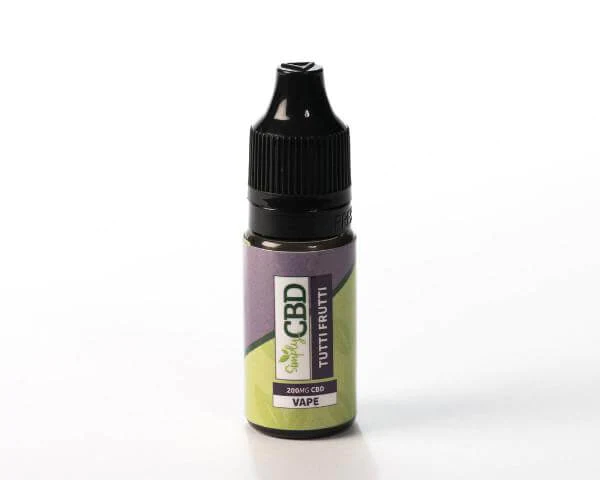 The law also requires marijuana sellers to meet higher security thresholds and regulate consumer interactions and adhere to strict safety and health measures. In a few months, the regulations will be finalized and licenses will be issued. The first retail sales of recreational cannabis are scheduled to start in April 2022 by marijuana-related businesses.
The law also requires marijuana sellers to meet higher security thresholds and regulate consumer interactions and adhere to strict safety and health measures. In a few months, the regulations will be finalized and licenses will be issued. The first retail sales of recreational cannabis are scheduled to start in April 2022 by marijuana-related businesses.
Whether or not cannabis for sale is legal in your state will depend on your individual circumstances. Find out whether cannabis is legal in New Jersey, Vermont, and Illinois. Each state has different laws and regulations regarding marijuana consumption and sale. This information will allow you to make an informed decision about whether you want to purchase a medical marijuana product or a recreational product.
Illinois legality of cannabis sale
There are a few factors that influence the legality of marijuana sale in Illinois. First, Cannabis Online cannabis must be sold to someone who is aged 21 or over. Second, Illinois marijuana laws will require you to pay a sales tax for cannabis edibles, flowers, and concentrates. This tax will be 7% of the retail price for cannabis. In addition to state tax local municipalities can also impose additional sales taxes. Also, Illinois marijuana laws will also require that you visit an authorized dispensary.
Although many states have banned sales of marijuana, Illinois is different. The state has a Medical Cannabis Patient Program that enrolls approximately 172,000 qualifying patients. Additionally, Illinois has a Smoke-Free Illinois Act which prohibits smoking in public areas. This applies to all areas of state-owned or lease-hold buildings. However private residences are not included. This is because private homes are frequently used for foster or child care.
Another significant change in Illinois cannabis laws is the legalization of recreational marijuana. This new law will become effective January. 1st 2020. All marijuana that is sold in Illinois dispensaries must be grown in Illinois. Illinois marijuana laws also prohibit public consumption or possession of marijuana products.
In the year 2019, Illinois lawmakers made recreational marijuana legal. The sales will begin in January 2020. The law also extends medical marijuana laws, allowing cardholders to buy marijuana at a lower cost. In the event of a shortage, cardholders are the first to be able to purchase. Therefore, the legality of cannabis sale in Illinois will be contingent on a variety of factors.
While the legalization of cannabis in Illinois may bring some benefits, it also has some negatives. First, it opens the door to a rise in youth drug use. It can also lead to the possibility of being arrested. Furthermore, it could force school officials to make significant changes to their policies regarding employment.
Washington state has legalized cannabis for sale
Washington state legalizes marijuana for sale and purchase. However, marijuana businesses have to register with the Secretary of State. The registration protects a company from any liability. In addition it won't be permitted to distribute samples or allow customers to consume cannabis on its premises. Companies that do not comply with the law may face fines and other legal penalties.
Washington state approved the use of recreational marijuana in 2012. The law was adopted in 2012 and allows adults over 21 to buy hemp cannabis products from licensed dispensaries. The state has an medical marijuana program which permits those with medical conditions that require a prescription to purchase cannabis-related products from dispensaries. Cannabis is still illegal to be sold or consumed in public areas.
In Washington state, marijuana is only legal for those over 21. It is unlawful to consume marijuana in public. This is dangerous for your health. It is illegal to purchase marijuana products from shops that do not have licenses. It is also unlawful to purchase marijuana products on cruise ships or federal property, as well as navigable waterways. A person must be at minimum 21 years old and have an active federal, state, or provincial identification card to purchase marijuana.
In Seattle the city of Seattle, marijuana can only be purchased through licensed dispensaries. No lounges or cannabis cafes are permitted, and no delivery services are provided. Therefore, cannabis consumers should look for cannabis shops in nearby cities. This will allow them to avoid the high costs of running a business within their city.
Vermont legality of cannabis for sale
In Vermont, the cultivation and sale of cannabis for personal use is permissible. However, the consumption of cannabis in public places is prohibited. As a result, only a handful of individuals in the state will be granted a license to purchase cannabis for personal use. The state is working to increase access to the program and has ratified S. 16 to expand the list of conditions that qualify. The new law also permits an additional dispensary. Vermont currently has only four dispensaries. There is a plan to open a sixth dispensary when the patient list of Vermont's state reaches 7,700.
In Vermont the Cannabis Control Board has granted priority to applicants with a social equity background (people from historically marginalized areas) when applying for a retail licence. Many of those applicants are local growers. The first store to open in Vermont was Mountain Girl Cannabis, run by a Hispanic couple. Other retailers are in planning stages however, many anticipate opening within the next few months. While it's a new experience for customers however, the process isn't without challenges. Customers are required to interact with employees in the shops.
Many growers are dissatisfied by the fact that the process for cannabis hemp online applying for an license has taken so long. The Cannabis Control Board is responsible for scrutinizing all applications and Cannabidiol uk creating regulations. Many people had hoped for an official license by the end of May but this hasn't come to pass. This frustration is understandable, but the initial staff isn't large.
While Vermont allows marijuana use however, driving under the influence is still illegal. If you're arrested for driving while under the influence, you could be detained and face a fine of $750 and up to two years in jail. Even those who do not use marijuana while driving are exempted from this penalty. In addition, you will be fined $200 if possess an open container of marijuana in your vehicle.
New Jersey legalizes cannabis for sale
Since the legalization of cannabis in New Jersey, more dispensaries are appearing. While most dispensaries are medical marijuana establishments and could soon be legal for recreational use, there are potential recreational dispensaries. Although the state is still deciding on which products are permitted for sale but it is expected that recreational cannabis will be available by the end of July 2022.
After decades of prohibition New Jersey legalization of cannabis for sale has opened up an opportunity of a different kind for residents. New laws in the state of New Jersey will allow six different sectors of the marijuana economy, including micro-businesses with less than 10 employees. Social justice was the main motivation for New Jersey's marijuana legalization legislation. Even though the same marijuana usage was prevalent, Black residents were arrested for possession of marijuana at an average rate of 3.5 times that of their white counterparts. Advocates sought to ensure that Black and Latino communities could take part in the legal market as well.
Though marijuana laws are becoming more liberal, New Jersey continues to have severe penalties for violating these laws. A single marijuana plant could result in a prison sentence of up to five year and the possibility of a $25,000. fine. It is crucial to not let New Jersey's legalization lead you to believe that the state does not take marijuana laws seriously. New Jersey's Democratic Governor, Phil Murphy, said in October that he was not sure why the state continues to criminalize marijuana. He also stated that he was open-minded to amending the state's marijuana laws.
The law in New Jersey allows adults aged 21 and over to purchase up to an ounce of marijuana. However it does not permit the sale of baked or edible products. While marijuana is legal in New Jersey, it cannot be transported across state boundaries.
Legalization of cannabis in Connecticut
Connecticut residents who are over 21 are able to buy and cannabidiol uk (http://Shymca.org) hold up to one ounce of recreational cannabis. The state has allowed medical marijuana use since 2012, but not for recreational use. While recreational use is legal in Connecticut but it's illegal to market it, grow it or offer it to anyone else. This is likely to be changed with the state's new law.
The bill had a bumpy journey through the state legislature. After Governor Lamont threatened to veto this bill over an unfinished Senate amendment which would have given marijuana sellers and users preferential status, House members stripped the legislation of the amendment. The debate continued into final hours of the State Senate, with opponents of the measure praising the «social equity» provision and raising concerns about addiction.
The new law also prohibits cannabis-related advertisements. The law prohibits advertising on cannabis within 500 feet from schools. A 12 percent tax will be charged on all sales of cannabis. The Connecticut legal marijuana industry can generate between $75 million and $100 million in tax revenue every year and create 3,000 new jobs. Local governments are not prohibited from allowing cannabis businesses, but can limit their number and distance from daycares and schools. The state's regulatory and licensing department will be in charge of the new market.
 The law also requires marijuana sellers to meet higher security thresholds and regulate consumer interactions and adhere to strict safety and health measures. In a few months, the regulations will be finalized and licenses will be issued. The first retail sales of recreational cannabis are scheduled to start in April 2022 by marijuana-related businesses.
The law also requires marijuana sellers to meet higher security thresholds and regulate consumer interactions and adhere to strict safety and health measures. In a few months, the regulations will be finalized and licenses will be issued. The first retail sales of recreational cannabis are scheduled to start in April 2022 by marijuana-related businesses.
 While research into the advantages of cannabis for treating psychiatric disorders is in its early stages, there are several promising studies showing it to be an effective adjunct to the treatment of depression and anxiety. CBD specifically has shown promising results in social anxiety and schizophrenia. Additionally, some studies suggest that cannabis could reduce symptoms of ADHD and PTSD.
While research into the advantages of cannabis for treating psychiatric disorders is in its early stages, there are several promising studies showing it to be an effective adjunct to the treatment of depression and anxiety. CBD specifically has shown promising results in social anxiety and schizophrenia. Additionally, some studies suggest that cannabis could reduce symptoms of ADHD and PTSD.
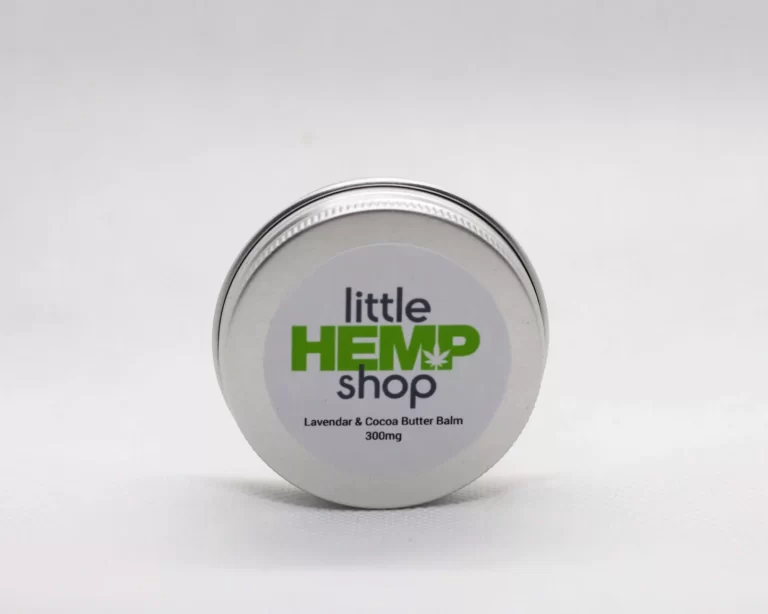 How to Sell CBD Online
How to Sell CBD Online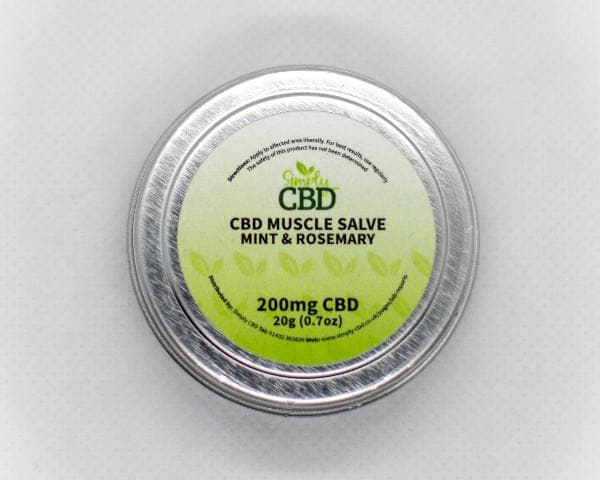 Cannabidiol is a cannabinoid that is active and found in the Cannabis plant. It is used in a variety of medical purposes. It is used to treat seizures caused by Dravet syndrome, or Lennox-Gastaut disorders. It can also be used to treat nerve pain.
Cannabidiol is a cannabinoid that is active and found in the Cannabis plant. It is used in a variety of medical purposes. It is used to treat seizures caused by Dravet syndrome, or Lennox-Gastaut disorders. It can also be used to treat nerve pain.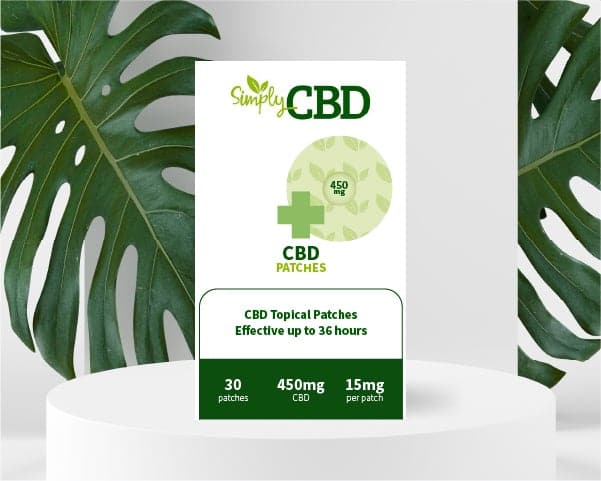 The legality of CBD products in Germany is contingent on their source and concentration. CBD products made from hemp that contain less than 0.2 percent THC are legal in Germany. In fact, cannabis online the law permits the purchase of CBD products on the internet, as long that the product is made from industrial hemp. However,
The legality of CBD products in Germany is contingent on their source and concentration. CBD products made from hemp that contain less than 0.2 percent THC are legal in Germany. In fact, cannabis online the law permits the purchase of CBD products on the internet, as long that the product is made from industrial hemp. However,  The EU has the limit of 0.2 percent THC in cannabis. However, the Common Agricultural Policy (EU) proposes increasing this limit to 0.3 percent by 2023. In Germany the limit is 0.2 percent. If you're planning to purchase CBD products, it's recommended to use the German website.
The EU has the limit of 0.2 percent THC in cannabis. However, the Common Agricultural Policy (EU) proposes increasing this limit to 0.3 percent by 2023. In Germany the limit is 0.2 percent. If you're planning to purchase CBD products, it's recommended to use the German website. In January 2019, cannabinoids were made part of the EU's Novel Food Catalogue. This added legal certainty to products that contain cannabidiol helped to clarify this legal dilemma. German authorities were previously in doubt whether CBD should be allowed into food items. The German Administrative Courts have clarified the confusion and declared CBD-rich foods Novel Foods and can therefore be sold as novel food. This classification is necessary for the products to be approved and marketed by the European Commission.
In January 2019, cannabinoids were made part of the EU's Novel Food Catalogue. This added legal certainty to products that contain cannabidiol helped to clarify this legal dilemma. German authorities were previously in doubt whether CBD should be allowed into food items. The German Administrative Courts have clarified the confusion and declared CBD-rich foods Novel Foods and can therefore be sold as novel food. This classification is necessary for the products to be approved and marketed by the European Commission.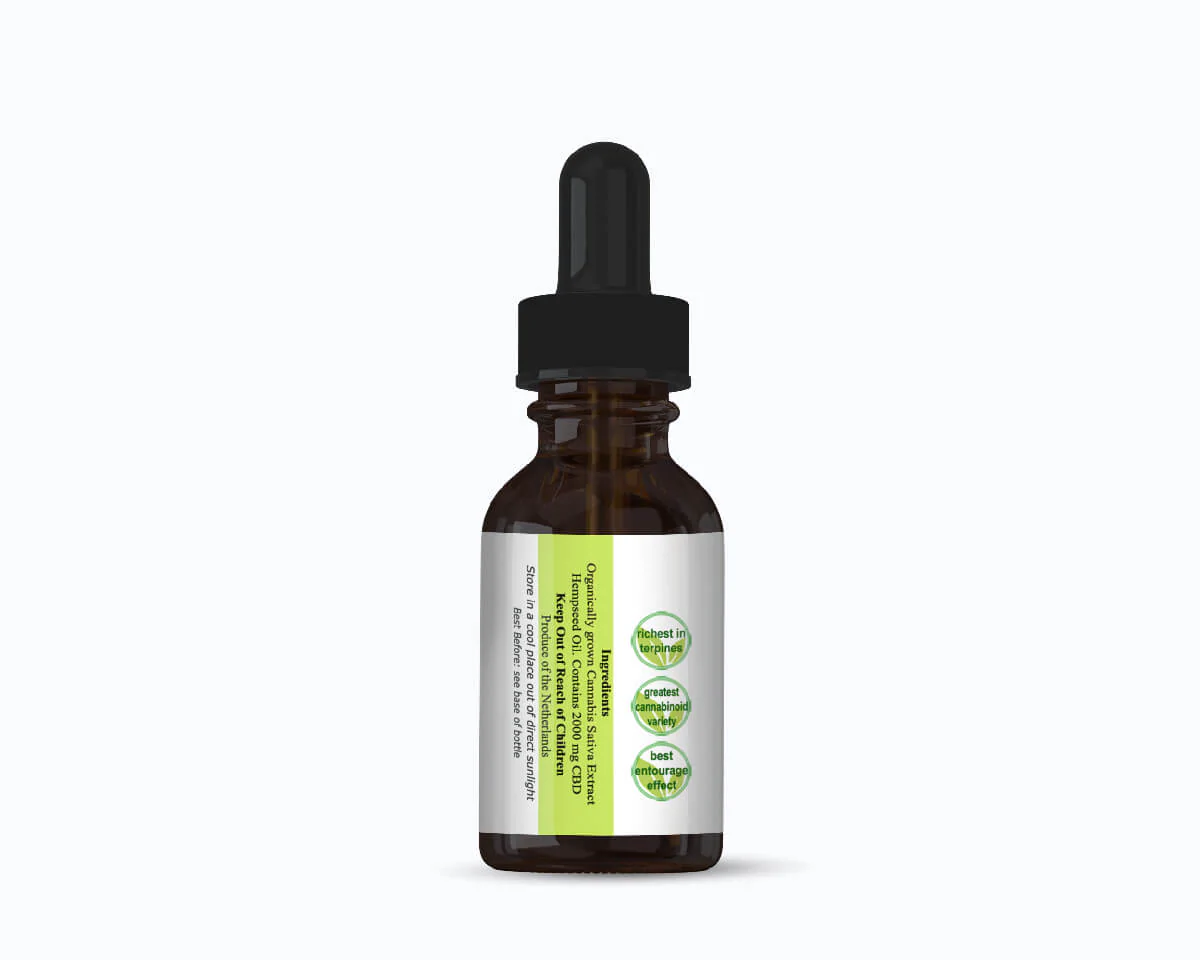 4 Ways Cannabis Can Help You Relax and Feel Better
4 Ways Cannabis Can Help You Relax and Feel Better A significant amount of marijuana is needed to make hash oil. This is done by concentrating the extract to make it thin and liquid. The oil is then sold in dispensaries. It is far more potent than a raw plant itself. Its potency is comparable to marijuana buds.
A significant amount of marijuana is needed to make hash oil. This is done by concentrating the extract to make it thin and liquid. The oil is then sold in dispensaries. It is far more potent than a raw plant itself. Its potency is comparable to marijuana buds.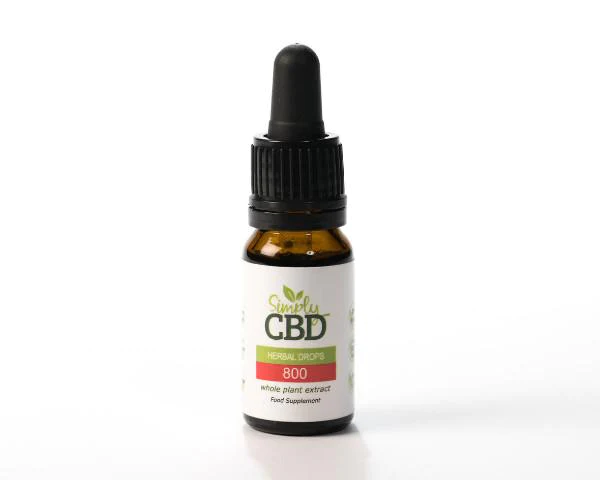 CBD is a complex chemical that interplays with a variety of enzymes and receptors within the body. It also modulates the vanilloid receptor which regulates the transmission of pain signals from sources of inflammation to the brain. To fully comprehend the effects CBD and other active cannabinoids have on the human body, further research is required.
CBD is a complex chemical that interplays with a variety of enzymes and receptors within the body. It also modulates the vanilloid receptor which regulates the transmission of pain signals from sources of inflammation to the brain. To fully comprehend the effects CBD and other active cannabinoids have on the human body, further research is required.